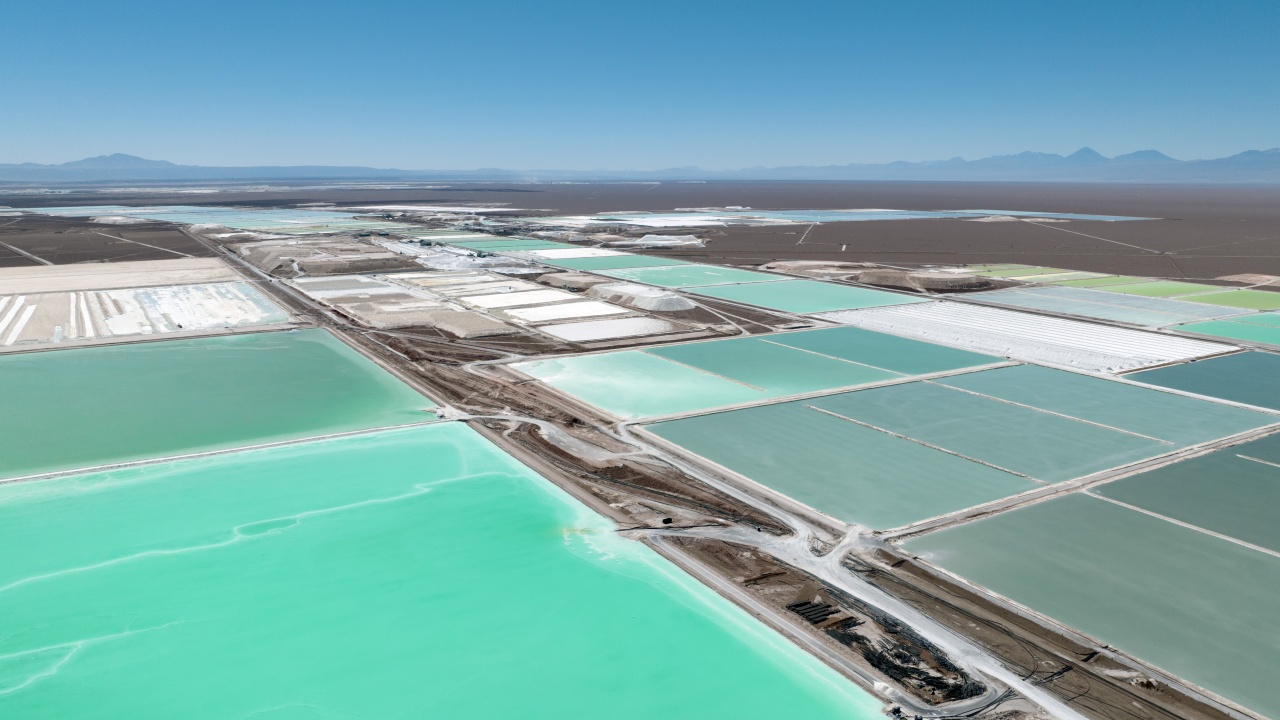The EU will create strategic reserves to avoid disruptions in the supply of "critical" raw materials for its industry, such as rare earth metals and lithium, the global supply of which is controlled by China, European Commission President Ursula von der Leyen announced, quoted by BTA.
Lithium is an important ingredient for electric batteries, and rare earth metals are strategic components for the production of chips, liquid crystal displays, military equipment or wind farm equipment.
Von der Leyen warned that they will soon be more important than oil and gas.
In her State of the Union speech to the European Parliament, she pointed out that the EU's needs for rare earth metals will increase fivefold by 2030, and the need for lithium is rising with the electrification of the economy, so "we must avoid ending up again in a situation of dependence, both on oil and gas".
Von der Leyen: Putin will fail and Ukraine and Europe will win
"The problem is that currently a single country controls almost the entire market, nearly 90 percent of rare earth metals and 60 percent of lithium are processed in China," the head of the European Commission pointed out and called on the 27 to secure their supplies.
We will create strategic reserves for raw materials whose supply is threatened, Von der Leyen assured.
European Commissioner for Industry Thierry Breton warned of the risk of shortages due to increased demand.
He specified that the European Commission will propose a law on "critical" raw materials with certain parameters.
"At least 30 percent of the demand for refined lithium should come from the EU by 2030, and waste treatment should allow the recovery of at least 20 percent of the rare earth elements they contain," Thierry Breton added.
In addition, according to him, the EU must take action to ensure conditions for fair competition through systems of certification of environmental and social achievements.
Von der Leyen recalled that after the creation of a European battery union five years ago, two thirds of the batteries needed by the EU will be produced in Europe.
And after the semiconductor regulation presented last year, the construction of the first mega-factory for the production of chips in the EU will begin in the coming months, she pointed out.
In February, Brussels set a target of doubling the EU's semiconductor market share to 20 percent of global output by the end of the decade to reduce dependence on Asia.
The Commission presented a project authorizing state investments worth 42 billion euros in this sector.
European Union
lithium
